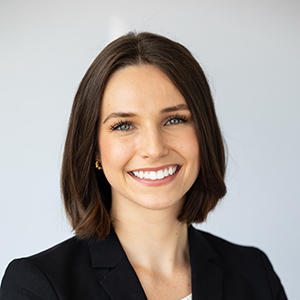Long time National Foundation for Ectodermal Dysplasias (NFED) volunteer and pediatric dermatologist Dr. Elaine Siegfried said that mentoring the next generation of doctors about the ectodermal dysplasias is one of her passions. This month, we feature one of those new doctors in our volunteer spotlight.
Dr. Rylee Moody graduated from medical school at Saint Louis University School of Medicine in May, where she was Dr. Siegfried’s student. Currently, she’s a transitional year resident at Spartanburg Regional Healthcare System in Spartanburg, South Carolina. She will be a dermatology resident at Wake Forest University in Winston-Salem, North Carolina, next year.
Under Dr. Siegfried’s guidance, Dr. Moody volunteered to research and write several articles for the NFED’s website so families could have additional resources on how to address dermatological issues that affected individuals face.
We asked Dr. Moody what inspired her to help the NFED. Here’s what she had to say.
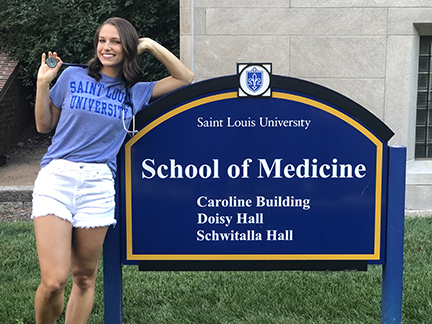
Why I Give My Time to the NFED
I dedicate my time to supporting the NFED because I believe it’s an extraordinary cause. Witnessing individuals from diverse backgrounds come together to share resources and stories about these rare disorders is incredible. Diagnoses like ectodermal dysplasias can feel isolating, but the NFED fosters a strong sense of community for those affected. I feel privileged to play a small role in something of such profound significance.
Why Volunteers Matter in the Community We Serve
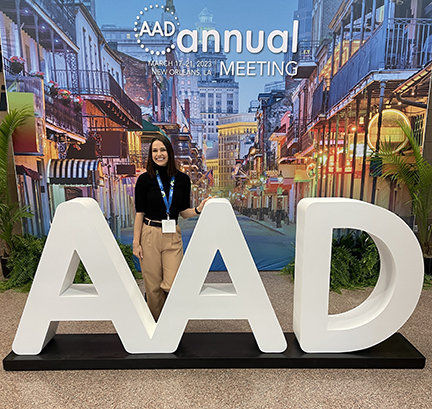
Volunteers are vital to the NFED community. Navigating ectodermal dysplasias can be overwhelming for affected individuals and their families. Any effort we make to ease their burdens or enhance their quality of life makes the work worthwhile. Volunteers help fill gaps that extend beyond medical care, such as providing emotional support and access to reliable information.
How I Plan to Support This Cause in the Future
As I embark on my dermatology residency, I’m eager to further my knowledge and actively contribute medical insights and resources to the NFED. The skills I gain as a resident will allow me to make even more impactful contributions, both in terms of research and patient care.
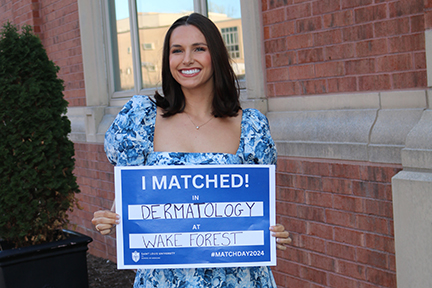
When I Realized I Cared About This Cause
I first became involved with the NFED when I was asked to help write an article. I was blown away by the comprehensive resources the foundation provides for families. It felt like an honor to contribute to such an important cause, and I knew immediately that I wanted to continue making a difference through my work.
What I’ve Learned by Volunteering
Volunteering with the NFED has taught me about the remarkable strength and resilience of people living with ectodermal dysplasias. They face numerous challenges, and hearing their stories has given me a deeper appreciation for their courage. It has also opened my eyes to the vital need for education and support in this community.
What This Organization Does Well
The NFED excels at identifying the informational and resource gaps within the ectodermal dysplasias community. The organization works diligently to fill those voids with valuable content, making life easier for families navigating these disorders.
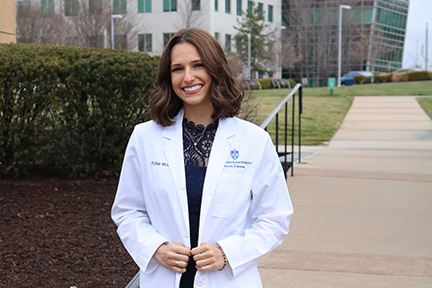
Unique Challenges and Benefits of Volunteering with NFED
Writing articles about ectodermal dysplasias can be challenging due to the limited information available beyond what the NFED already provides. However, it brings me immense joy to contribute to expanding these resources and helping others understand these rare conditions more thoroughly.
Projects I’ve Worked On for NFED
Since beginning my volunteer work with the NFED in February 2023, I’ve written several articles, including the “Spare and Brittle Hair Care Guide,” “Nail Abnormalities in Clouston Syndrome,” “Adermatoglyphia,” and “A Guide to the First Year of Life: Goltz Syndrome.”
I am grateful for the opportunity to contribute to such an important organization and look forward to continuing to support the NFED as I grow in my career.
The NFED is grateful to Dr. Moody for her interest in the conditions and contributing to our body of knowledge. We hope it’s just the beginning of a long relationship!
